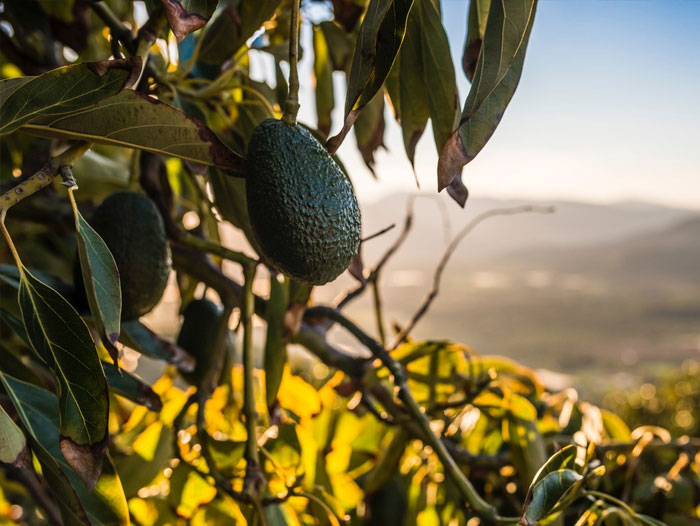Study Finds Chilean Avocados Water-Efficient and Sustainable
March 9, 2022 | 2 min to read

Chilean avocados stand out for their “efficient and adequate” sustainability and water usage. That was the main conclusion reached by a study carried out by the Regional Water Center for Arid, Semi-arid Zones in Latin American and the Caribbean (CAZALAC), an organization under the auspices of UNESCO. This is the first analysis with scientific evidence about the avocado crop in Chile. Moreover, CAZALAC determined that Chilean avocados contribute to the compliance of 14 out of 17 UN’s Sustainable Development Goals (SDG); in which “Action for the Weather”, “Sustainable Cities and Communities”, “Responsible Consumption and Production” and “Zero Hunger”, among others, are included.
“Farming activity and food production require the proper use of soils as well as an efficient water management; especially in the middle of a megadrought that has been extended for over 13 years in Chile. This unprecedented study that verifies the geo-environmental situation of Chilean avocados indicates that the production standards of this industry are moving towards a more sustainable and regenerative agriculture”, states José Gabriel Correa, Head of Chilean Avocado Committee, which acted as a facilitator in this study.
Researchers concluded that the broad coverage of the modernized irrigation system among Chilean avocado producers allows to qualify the hydric resource usage as “efficient”, having an estimated consumption of 8,980 m3 of water per hectare in the sample areas which has a relevance considering the context of drought.
The research named “Environmental Art state of the Mill American Persea plantations in Chile” was directed by Elir Rojas, geographer and associate investigator in Climate Change and Drought at CAZALAC, along with a team of investigators composed by Carla Salinas, biologist and PhD in desertification and drought; Gabriel Mancilla, forest engineer, PhD in Engineering Sciences and Executive Director at CAZALAC; Sergio Scott, biologist, PhD in molecular biology and ecology; Pablo Rojas, lawyer; and Manuel Soto, forest engineer and Studies Director at CAZALAC.
